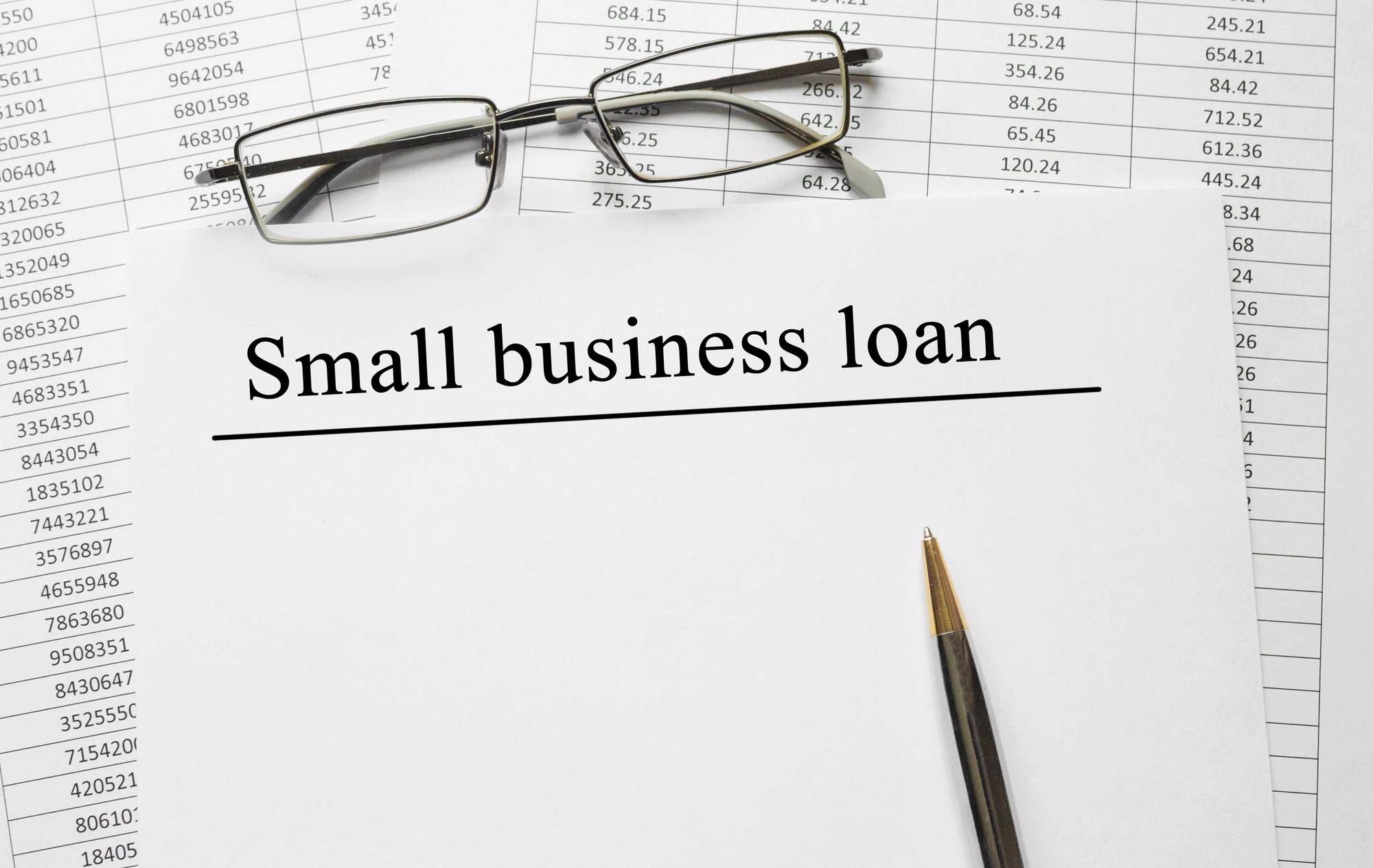How to Get Approved for a Small Business Loan
Did you know that 50% of small businesses are not up and running after five years? While that statistic may sound grim, it doesn't have to represent your business. With the right resources and careful management, you can thrive for years to come.
You may need some financial support to give your operation a boost. Read on to learn how to get approved for a small business loan!
Figure Out What the Loan Will Cover
First, determine why you're seeking a loan. Itemizing what you'll use the money to cover can help you figure out which loans will be the best fit. You'll also be able to eliminate loans that don't permit certain expenses that are relevant to your needs.
For example, you probably will have some upfront costs if you're attempting to grow your business. These costs could include heavy machinery or additional warehouse space. Or perhaps you need help covering the costs of software that will help streamline your operations.
Review your small business financial statements to pinpoint areas of need. You may need these documents during the application process, as well. The more precise and prepared you can be with your requests, the better.
Be sure to cement a figure to request that is not too high or too low. If you ask for too much money, lenders may deny you — or you could be saddled with higher interest rates. At the same time, underestimating how much you need could leave you feeling crunched.
Look at Different Types of Business Loans
When you're on the hunt for a small business loan, it's wise to shop around first. Don't just choose the first lender who's willing to work with you. Look at traditional banks, online lenders, and other reputable sources.
Small Business Association (SBA) loans are among the most attractive loan options. This is because they tend to offer better interest rates and repayment terms, and they can reach high dollar amounts. Just be aware that they are competitive — and you'll need a strong credit score to qualify.
If you need a smaller loan amount on a faster timetable, consider short-term loans. Though the interest rates may be higher, they'll get you money quickly. Look to these loans to help with costs like payroll or leases on property.
Consider startup loans, as well. These can help when you're in the formative stages of running a business. Additionally, credit score requirements may be lower for these loans.
You may want to pursue equipment financing if you're simply looking to add equipment, including computers, to your business. Typically, your credit score won't need to be as high to be an eligible candidate. Just be aware that the lenders may take back your equipment if you fail to repay the loan.
Know the Small Business Loan Requirements
Review the small business loan application to understand what you'll need to submit. For instance, you'll probably need to validate your annual revenue. Some types of business loans may require you to be at a certain revenue benchmark for consideration.
Get your balance sheet ready when you're seeking a loan. This is where you'll list assets — as well as debts incurred by credit cards. Aim to have more deposits than withdrawals on your balance sheet to make the best impression.
You may also need to have been in business for a set period to qualify for consideration. Some loans may want to see that you've been up and running for two years with strong cashflow. Startup loans may not have that requirement.
You'll also need to make sure your business falls in a good credit score range. Aim for a FICO score that's above 670 to position yourself for loan acceptance. Scores above 750 mean you'll have the most options when it comes to types of loans and affordability.
Plan on bringing your business plan and other documents that show your viability as a business. You want to demonstrate that you're fiscally responsible and will be able to repay the loan.
Be Clear About the Repayment Terms
Finally, don't overlook the importance of interest rates and repayment terms. You'll need to factor repayments into your financial forecast when you take out a loan.
Account for application and processing fees, too. While these might not be recurring costs, they can add up unexpectedly on the front end.
Shop around for the best interest rate on a loan. Your credit score or loan amount may impact the interest rate you're offered. Watch out for double-digit interest rates that may end up gouging your finances more than helping them.
Additionally, be clear on the timetable for repaying your loans. Calculate how much you'll pay each month so you can budget accordingly. You may be able to secure a lower interest rate if you agree to repay the loan more quickly.
Know the penalties for failing to make a loan repayment. For example, you may incur a flat fee or a higher interest rate. Or you may have property seized.
Get a contract that outlines the loan terms. And be clear that your interest rate won't change!
Learn How to Get Approved for a Small Business Loan
If you're still wondering how to get approved for a small business loan, plan on determining what the loan will be used for first. Then explore different types of loans and the repayment terms connected to them. Work on improving your credit score to position yourself for success when applying.
When you're ready to secure financial help, contact us!
‹ Back







